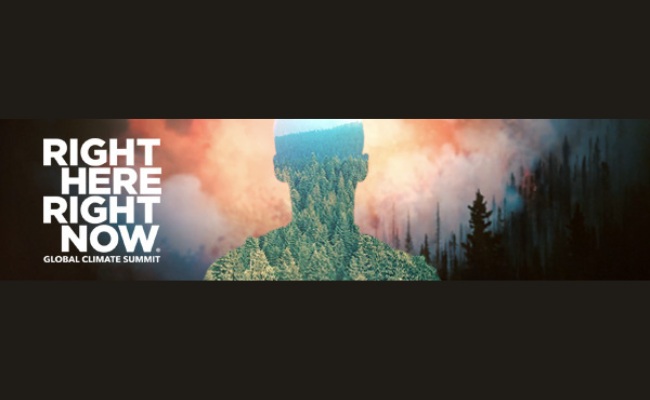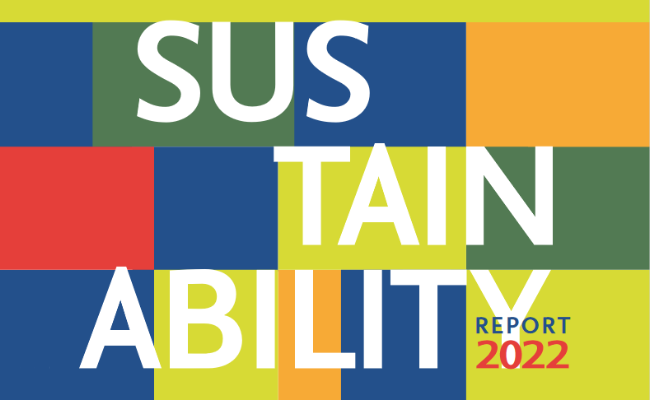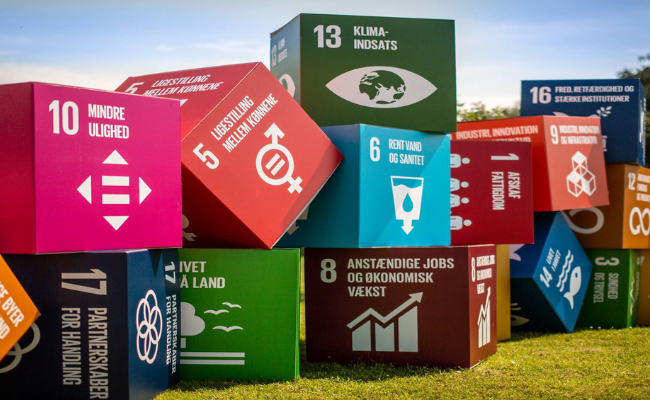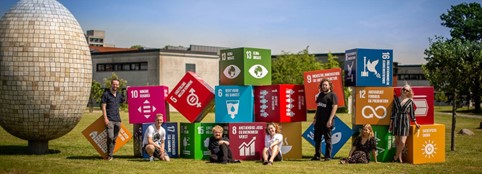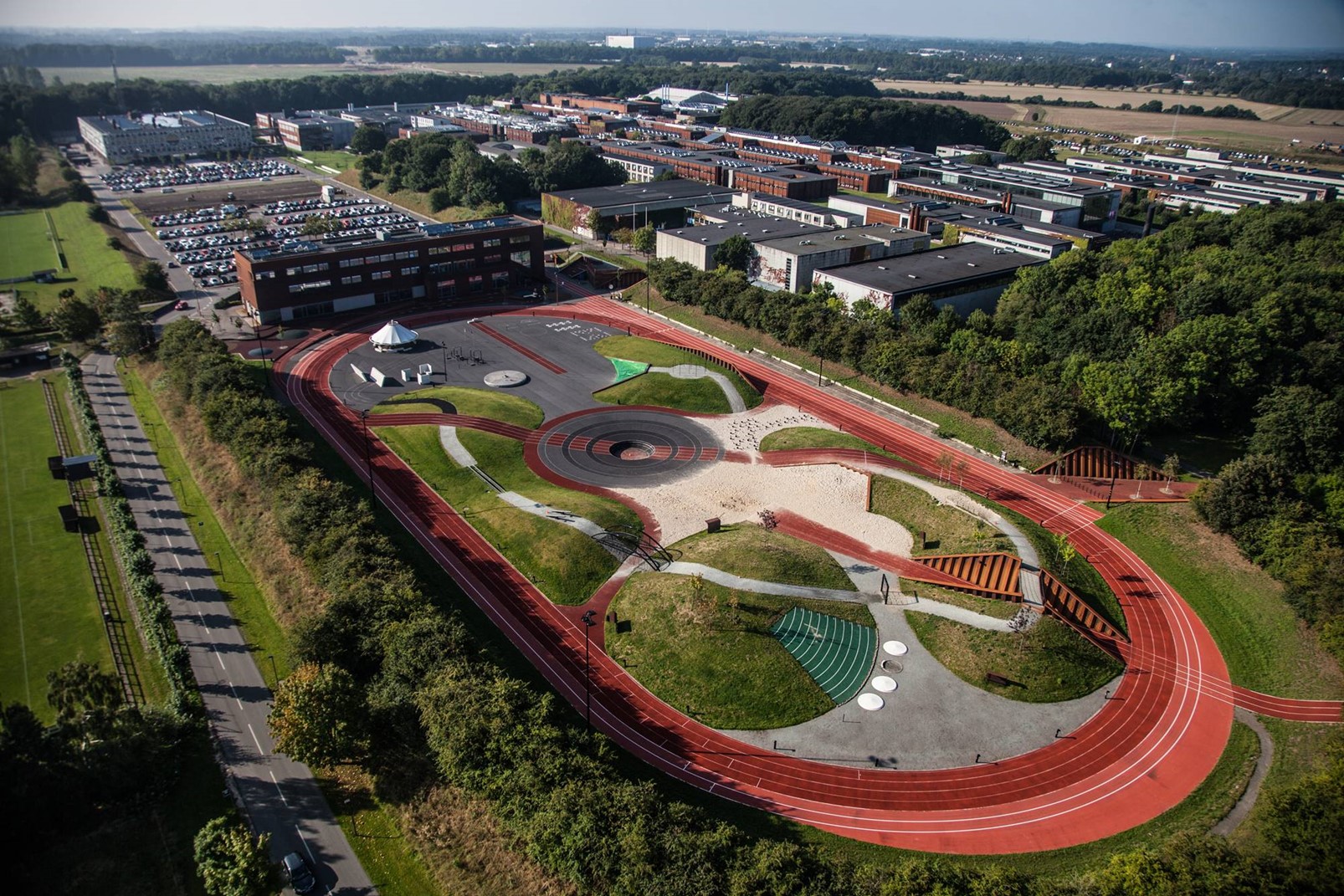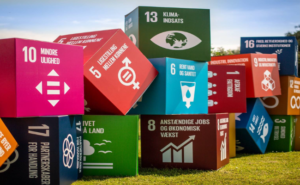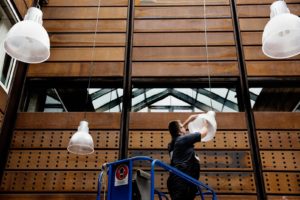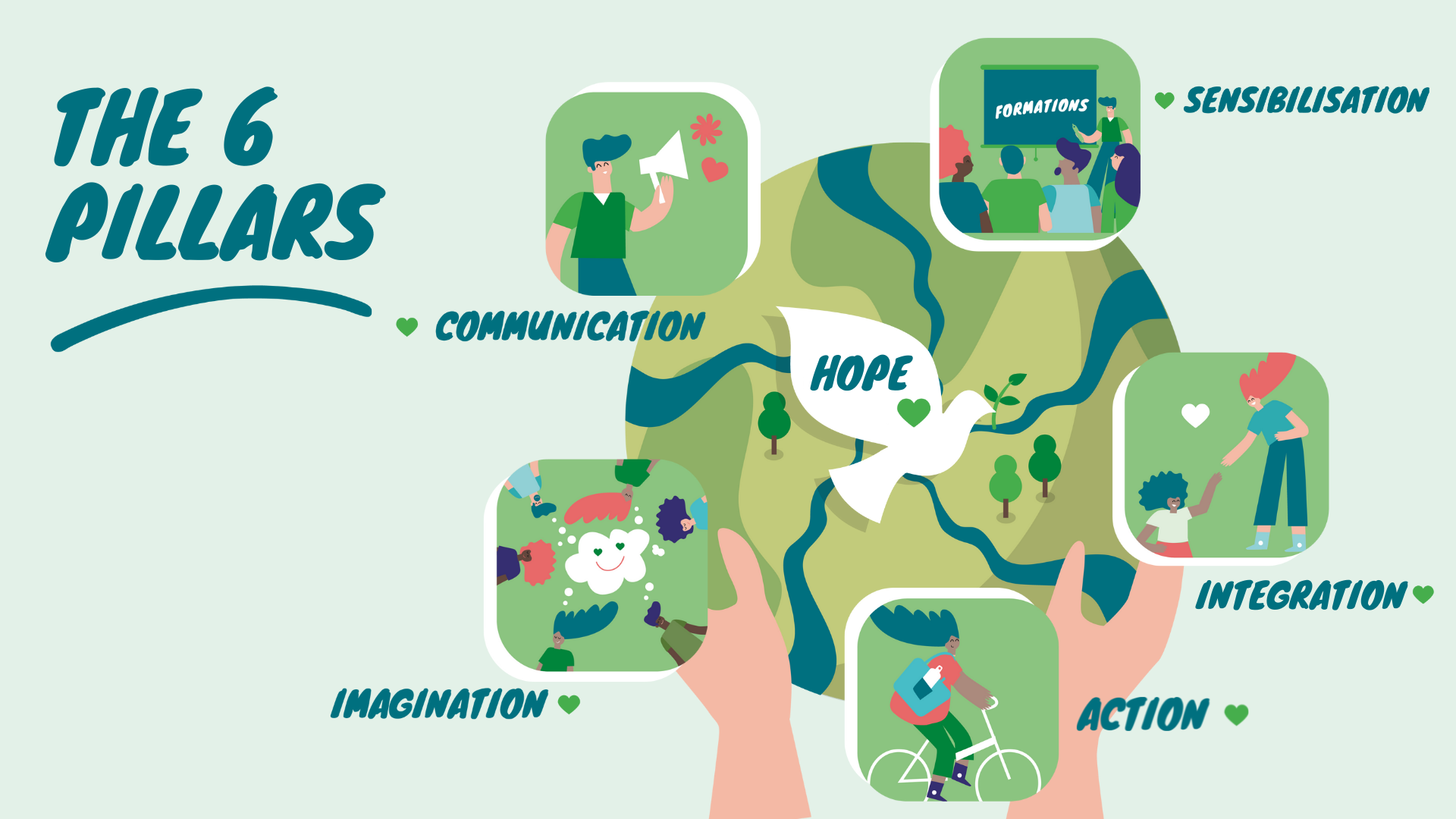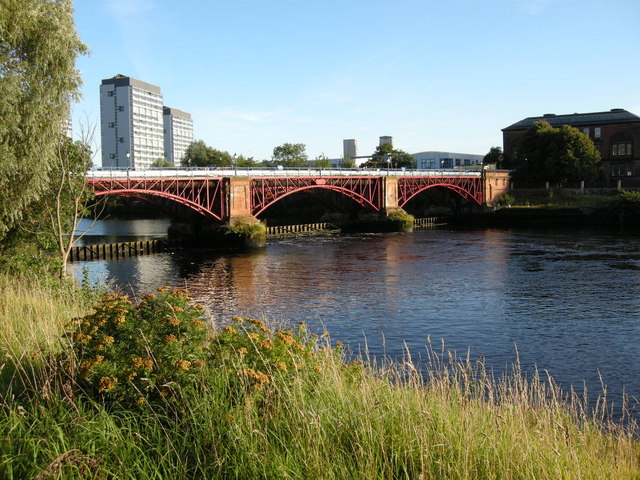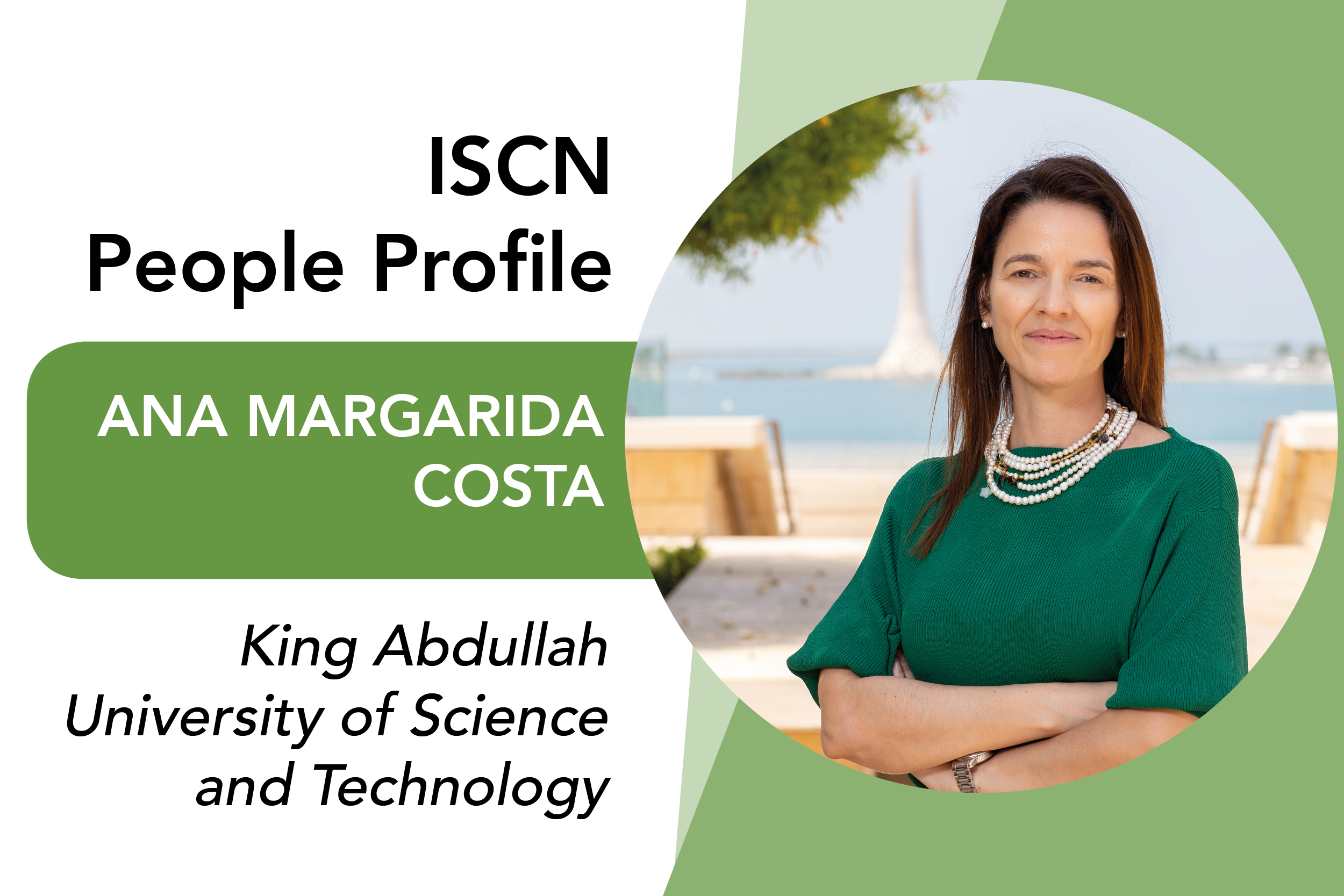Global climate summit launches worldwide education coalition
ISCN is proud to be a partner in a newly formed worldwide education coalition in support of the Right Here, Right Now Global Climate Summit.
The December 1–4 summit is co-hosted by United Nations Human Rights and the University of Colorado Boulder and will take place virtually and in person on the university’s campus in Boulder.
Learners and educators of all ages, from primary school classrooms to university research labs, are invited to engage in this landmark event through the new Right Here, Right Now Education Coalition. Participating institutions and individuals will receive free access to a coalition toolkit—including information on how to host watch parties and how to spread the word about the connections between human rights and climate change, and why that connection matters to everyone.
“Climate change is already having significant impacts around the world, and marginalized communities often bear the brunt of the devastating impacts of these events. Through the new Right Here, Right Now Education Coalition, we aim to galvanize people around the world to focus on addressing the urgent issue of climate change through a human rights lens.”
—Heidi VanGenderen, CU Boulder chief sustainability officer, co-chair of the summit’s steering committee
Beyond ISCN, Right Here, Right Now Education Coalition partners include the Association of American Universities (AAU), American Council on Education (ACE), Association for the Advancement of Sustainability in Higher Education (AASHE), Association of Public & Land Grant Universities, Global Council for Science and the Environment, Second Nature and the University Climate Change Coalition (UC3). Through this coalition, the summit is already connecting with thousands of educational institutions and related entities around the world.
Departments, classes, clubs and people affiliated with educational institutions are encouraged to join the summit by watching events locally from their computers and phones—either live or through recordings.
Summit organizers are developing climate education and summit-specific resources for educators and will share them with coalition members as they become available.
“The summit organizers want to thank our amazing partners,” said Heidi VanGenderen, CU Boulder’s first chief sustainability officer and co-chair of the summit’s steering committee. “To solve the world’s climate crisis, young people from all nations need the chance to learn about how climate change is affecting their own communities. These organizations are helping to share those opportunities with the next generation of global leaders.”
The summit will bring together thought leaders, youth activists, and scientific, political, educational, cultural and industry experts from around the world for keynote addresses and panels exploring how climate change impacts fundamental rights, including the right to food, safe water, housing and health.
The event will include three keynote speakers, including former president of Ireland and climate justice advocate Mary Robinson, Indigenous rights advocate Sheila Watt-Cloutier and human rights advocate Kumi Naidoo, in addition to more than 30 other panelists and speakers from Colombia, Cameroon, Trinidad and beyond.
Learn more about and join this global network of students and educations
Freie Universität Berlin publish Sustainability Report 2022
The third Sustainability Report summarizes the status of achievements in the area of sustainability and climate protection at Freie Universität Berlin. The university is presenting the report for the third time since 2018. The publication focuses in particular on the years 2020 and 2021 and reviews activities in the fields of governance, teaching and research, campus, dialogue, and networks. In addition, the report provides an outlook on the university's future sustainability priorities.
In 2020 and 2021, Freie Universität reached important milestones: in September 2021, it was validated by an external environmental auditor according to the European environmental management system EMAS. EMAS (Eco-Management and Audit Scheme) is the European Union's environmental management certification and is one of the most demanding management standards worldwide. Freie Universität is one of a small group of currently 24 EMAS-validated universities in Germany. It thus has an essential prerequisite for developing its environmental management transparently and continuously. The validation was only possible through the intensive participation of large parts of the university.
Another milestone in the past two years was the launch of a new ideas and innovation management program aimed at implementing the commitments defined in the 2019 Climate Emergency Declaration. It had a promising start with the first call for proposals - FUturist - in November 2021 and 28 proposals submitted.
"We now have the opportunity here for new initiatives, narratives and communities to emerge, which in the best case will inspire each other and spark ideas for new living labs," says Andreas Wanke, head of the Sustainability and Energy Unit.
A sustainability-oriented business travel policy with CO2 pricing and a dedicated climate protection budget was also launched. The 2020 and 2021 mission statement for studying and teaching highlights sustainability as one of eight guiding dimensions. The Blooming Campus initiative has brought about changes in the university's green space management. Meadows and green spaces on campus have been mowed significantly less since 2020. Mowing has ceased during the early bloom phase in April. Species diversity on campus has increased significantly since then.
Freie Universität began systematically implementing climate protection more than 20 years ago. With a bundle of different measures and incentives, the university has succeeded in reducing campus-related electricity and heat consumption by a total of almost 27 percent between 2001 and 2019. Adjusted for the increase in space, the reduction is as much as 29 percent. In the pandemic years of 2020 and 2021, energy use decreased by another 4.7 percent (2021), for an overall decrease of 30 percent since 2001. Adjusted for area, it is even a reduction of 34 percent.
Andreas Wanke notes: "The decline in energy consumption and emissions due to the increased use of home offices during the pandemic years fell short of expectations. This was due in particular to the fact that many heating systems, ventilation systems and devices had to remain in operation despite largely virtual semester operation. In addition, the increased need for ventilation during the pandemic also resulted in increased energy consumption."
In 2019, Freie Universität became the first German university to declare a climate emergency, with a commitment to consider climate impacts in all decisions and planning and to become climate neutral by 2025. For the next few years, the focus will be on measures to implement the climate emergency declaration. These include, for example, the addition of photovoltaic systems and the further reduction of energy consumption through energy efficiency measures. These processes will decisively shape sustainability management at Freie Universität over the next three years.
Sustainability Reporting Survey – Invitation to participate
Deadline extended to December 14, 2022.
You are invited and encouraged to participate in a survey on Sustainability Reporting at Higher Education Institutions. The survey will gain an understanding of existing sustainability reporting practices in the global higher education sector.
Your response is valuable and will help us to identify current practices for reporting sustainability, the associated opportunities and challenges, and will form the basis for policy recommendations.
The survey was created by experts from an international group of higher education institutions with the support of ISCN.
The deadline for completion is October 31, 2022 December 14, 2022 and the survey will take around 45 minutes to complete. It is possible to complete the survey in multiple sessions if the same browser is used.
Your participation is greatly appreciated in compiling a comprehensive picture of sustainability around the world. Anonymised results will be shared in a report in 2023.
Contact [email protected] if you have any questions about the survey.
Photo by Jason Goodman on Unsplash
University of Southern Denmark 2021 Sustainability Report released
Knowledge for a sustainable future
Universities have a critical role to play in providing answers to grand societal challenges. In our time, one of the greatest challenges facing the future of our planet is sustainable development. Universities generate new knowledge and innovations that provide solutions to the interconnected social, economic and environmental challenges captured in the SDGs. This report is a snapshot of what we did in 2021 to advance sustainability across the University of Southern Denmark.
Research and innovation
The report shows that researchers at SDU are occupied with sustainability and are engaged in a wide variety of sustainability-related research activities. The examples range from green aviation fuel to inequality in healthcare and sustainable markets. The report also shows that the activities are happening globally and locally in collaboration with other universities, companies and public institutions.
On average, between 2019 and 2020, 58% of research funding was used for research related to sustainability. This corresponds to almost DKK 400 million. According to Elsevier SDG classification queries in the database Scopus1, the total number of SDG-related publications by SDU researchers in any SDG in 2021 was 1,906. 1,309 of these were scholarly SDG-related publications (articles, conference papers and book chapters).
From 2011-2020, researchers from SDU published around 25,000 co-authored publications. 15% of these were with non-SDU researchers from the Global South. During that period, there was a yearly increase in the number of co-authored publications and the proportion published in cooperation with non-SDU researchers from the Global South. In 2020, this share was 20%.
Finding effective solutions to the climate challenges facing society requires interdisciplinary research. SDU holds a strong position within this area, and we want to bring this even more into play. In 2022, we will launch SDU Climate Cluster (SCC). SCC will unite research environments across disciplines and faculties on a joint, mission-driven research thematic: “Climate”. With a broad interdisciplinary approach to climate research, SCC will set a framework that provides optimal conditions for cutting-edge, excellent and interdisciplinary research, education and communication within the climate area and the sustainable green transition of society.
Teaching and learning
Of the 17 SDGs, SDG 4 is Quality Education, which discusses the need to ensure inclusive and equitable quality education for all without discrimination. SDG 4 has 10 targets concerning different aspects of education. One of the targets focuses on ensuring that all learners acquire the knowledge and skills needed to promote sustainable development. In the autumn semester of 2020, as a part of a pilot project around 1,000 students across SDU completed the introductory course on sustainability. In 2021, the course became part of all programmes at SDU, and all new students on the bachelor programmes must now complete the course.
The report sheds light on the range of subjects and courses as well as co- and extracurricular offers relevant to sustainability. 995 courses and subjects offered were related to sustainability. This corresponds to 23% of all courses and subjects. 89 bachelor, master’s and engineering programmes are related to the green transition. This means that the programmes contain topics such as energy production and efficiency, agriculture and food production, transport, environment and circular economy, nature and biodiversity or sustainable behaviour and societal consequences.
In 2022, we will continue to develop and make visible our curricular, extra- and co-curricular offers to students who want to improve their skills in relation to sustainability. Another area of focus will be rethinking our guidance to students. We are now standing on the threshold of a new transition in the labour market: the sustainable transition. At the same time, we are experiencing that more students want to contribute to a sustainable future through participation in communities. The task here will be to support students and see to it that their individual career trajectory is connected to the societal and global trajectory, and that “I too” through my education, work and career can contribute to the actual creation of a sustainable future.
Operations
SDU is also committed to embedding sustainability in all our campus operations to conserve resources, reduce pollution, reduce carbon emissions and support positive behaviour on sustainable issues. We also want to ensure that SDU is a diverse employer with innovative and creative research environments and an inclusive and healthy working environment.
The also shed light on selected areas in our efforts to make our campuses more sustainable and make SDU an inclusive and diverse workplace characterised by a healthy working environment. As can be seen about one in five employees experience challenges in relation to their work-life balance. When a similar survey was conducted three years ago in 2018, this share was also 21%.
In relation to gender equality, it should be noted that we are seeing a five per cent increase in the proportion of female senior academic staff compared to previous years. The female proportion of senior academics is now 28%. In comparison, the female proportion among assistant professors and associate professors is about 45%. 37% of all managers in SDU are women. If we zoom in on the two senior management levels (executive board members, department heads and directors), the proportion of women is 33%.
With the Board’s adoption of a climate plan for SDU in December 2021, the focus in 2022 and onwards will be on intensifying the work of reducing greenhouse gas emissions from the University. The goals here will be to reduce emissions from buildings, operations and transport as well as strengthen the circular resource economy at SDU. As part of the plan, SDU has set a goal of reducing greenhouse gas emissions by 57% in 2030 compared to 2018.
2022 Award winners: ULiège
This series features our 2022 Award winners. This month, we hear from the Université de Liège.
What does it mean to you to win the award?
This international recognition generates a general feeling of pride at the University of Liege! It strengthens the energy of the Green Office team and motivates it to share the program in order to increase the positive impact. The publicity generated around the program makes the work of the Green Office more visible inside and outside the University. This better knowledge by internal and external actors at ULiège increases the potential for partnerships around the various activities integrated into the program (conferences, construction of challenges, etc.).
What’s next for your project: “Student commitment program to reduce individual carbon footprint”?
Two new goals have been already set by the team.
The first one is dedicated to broaden the outreach of the replication of the program. We aim to spread it from the French-speaking part of Belgium to the Dutch-speaking part of our country. This autumn we will organize the twinning of challenges for climate and biodiversity between our Higher Education institutions in these two regions.
The second one consists of enriching the content of the program by adding two new pillars to the strategy. The “Imagination Pillar” will invite our students to dream the sustainable territory they want to live in by 2030. The “Hope Pillar” consists in sharing inspiring positive initiatives to give our students the will to engage themselves to build together a sustainable world.
Do you have any advice for those working on “Cultural Change for Sustainability”?
Yes, we have some advice to motivate the students to engage themselves to act for cultural change for sustainability!
For example,
- build a very motivated student team with multidisciplinary profiles supported by a staff coordinator
- propose an attractive pioneer program which stimulates the interest
- ensure the scientific validation of the program to avoid “the false good ideas”
- include a large variety of stakeholders to build together the challenges (for example the Professors can build a challenge with their students within the framework of their courses)
- gather the engaged students into a single strong community on a collaborative platform
- give visibility to the impacts generated by the program’s actions
- share the program and organize simultaneous actions on different campuses to generate greater positive impacts and enthusiastic feelings
- offer fun through contests and festivities
- massively communicate to the students about the activities and the challenges with different tools: videos, debates with charismatic personalities, and so on.
2022 Award winners: Strathclyde
This series features our 2022 Award winners. This month, we hear from the University of Strathclyde.
What does it mean to you to win the award?
It is helpful and rewarding to have our work recognised by ISCN, our international peers. The vision that we created and shared with a host of stakeholders backed up by the whole systems approach and the technical work we have led has helped build a strong base for this climate-neutral vision to be delivered. It is exciting work we are leading and there is much more to do but this sort of recognition by ISCN is both valuable and reassuring that we are on the right path. For instance, reimagining the River Clyde as a heat source and creating a climate corridor along High Street, the original birthplace of Glasgow is innovative and inspirational. We see opportunity for our students and research and teaching staff to become more involved as we move forward in delivering the vision and helping put people at the centre of climate action and social inclusion.
What’s next for your project: “Climate Neutral Glasgow City Innovation District”?
Phase 2 of the project kicked off with a workshop held in early August. More detailed technical work is now underway with more to follow. We have recruited members for a Task Group to help steer the project and to signal positive intent to the market that there is a coherent and committed group leading this work. All of this work will continue to be coordinated at this stage by the University and the governance will be via Sustainable Glasgow Board, chaired by the leader of the Council, Susan Aitken.
Do you have any advice for those working on “Partnerships for Progress”?
I would encourage a strong and clear vision, and a strong and determined set of partners and a network that can come together with a shared purpose. In this case, a climate-neutral district that meets a range of societal needs and which will directly benefit people. Try and bring the vision to life and make it accessible for those involved. Make it as real as possible; align it with policy; and make it data-led and evidential of course.
Photo: Pipe Bridge and Tidal Weir, River Clyde cc-by-sa/2.0 - © Richard Sutcliffe - geograph.org.uk/p/4795538
Ana Margarida Costa
Ana Margarida Costa is the Head of Sustainability at King Abdullah University of Science and Technology (KAUST). She is Portuguese and has lived in Saudi Arabia since 2016.
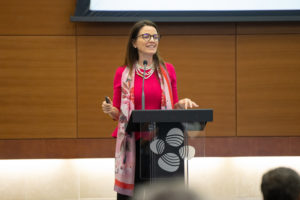
Big Idea(s) for Advancing Sustainability in Higher Education
What does the world need most right now?
Science has undoubtedly shown us that we need immediate and pragmatic action to prevent the overshooting of Earth's planetary boundaries. The world needs bold leadership to challenge the status quo and drive transformative change to tackle the climate, social and economic crises. The triple planetary crisis of climate emergency, pollution and biodiversity loss will most likely exacerbate the already existing pressures on society and the economy. The world needs to be united in one voice to turn the challenges into opportunities and drive real and effective action. Prioritizing nature and investing in research and innovation are key to this pivotal transformation.
Leadership and Inspiration
What is the best advice you have ever been given?
In the face of adversity and probably insuperable challenges, never give up. There is always an unthinkable solution ready to be discovered.
This is a piece of advice from my mentor and PhD advisor that helped me endure complex challenges and build resilience during my academic and research journey, and which I've kept in the last 20 years in my role to advance sustainability in the different organizations that I've worked with. Exercising creativity is inherent to the path to sustainability. There is no one-size-fits-all solution; We need to adapt the approach and solutions for sustainability to each organization and country's local circumstances and reality to be able to progress and succeed.
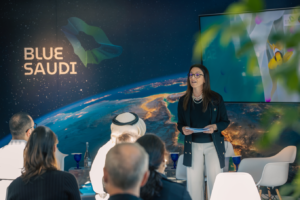 Tenacity and Perseverance
Tenacity and Perseverance
The Climate Emergency we face feels like the greatest challenge of our lifetime – what keeps you inspired?
The energy and courage of the young generations in advocating and leading the needed transformational change of our society for a more sustainable planet. Every day, I see the passion and the commitment to building a better world by the group of graduate students at KAUST that I'm mentoring. They are trailblazers and true change makers and a real inspiration to believe that there is hope for a global net-zero future.
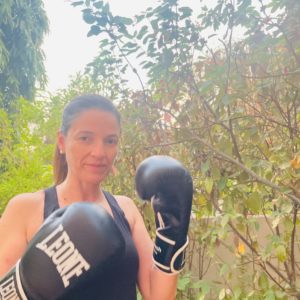 Fun Fact
Fun Fact
What is your favourite activity in your spare time?
I'm passionate about martial arts. I started karate when I was 14 years old and in the last few years, I've been practising kickboxing and Muay Thai. It helps me improve my mental strength, sharpen focus, and increase concentration. When I finish my training, I always feel re-energized and ready for the next challenge.
